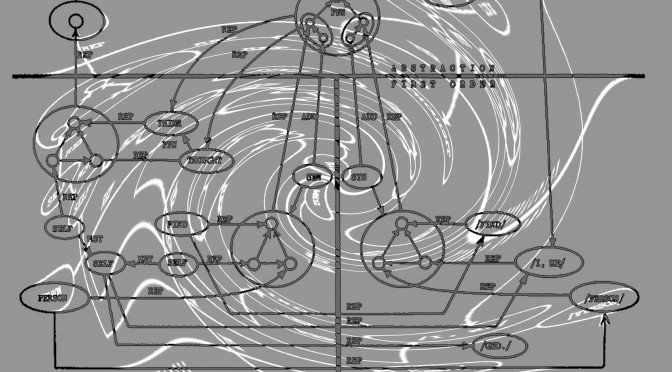EvoLang Preview: Language Adapts to Interaction workshop
The first day of EvoLang includes several workshops (full list here) to which all attendees are invited. Gregory Mills and I are running a workshop on language evolution and interaction, and the schedule and papers are now available online. Language Adapts to Interaction, 08:30-13:30, Monday, 21st March, 2016, New Orleans Language has been shown to … Continue reading “EvoLang Preview: Language Adapts to Interaction workshop”







